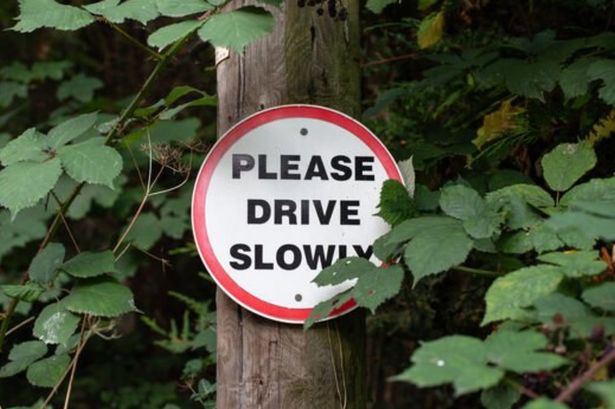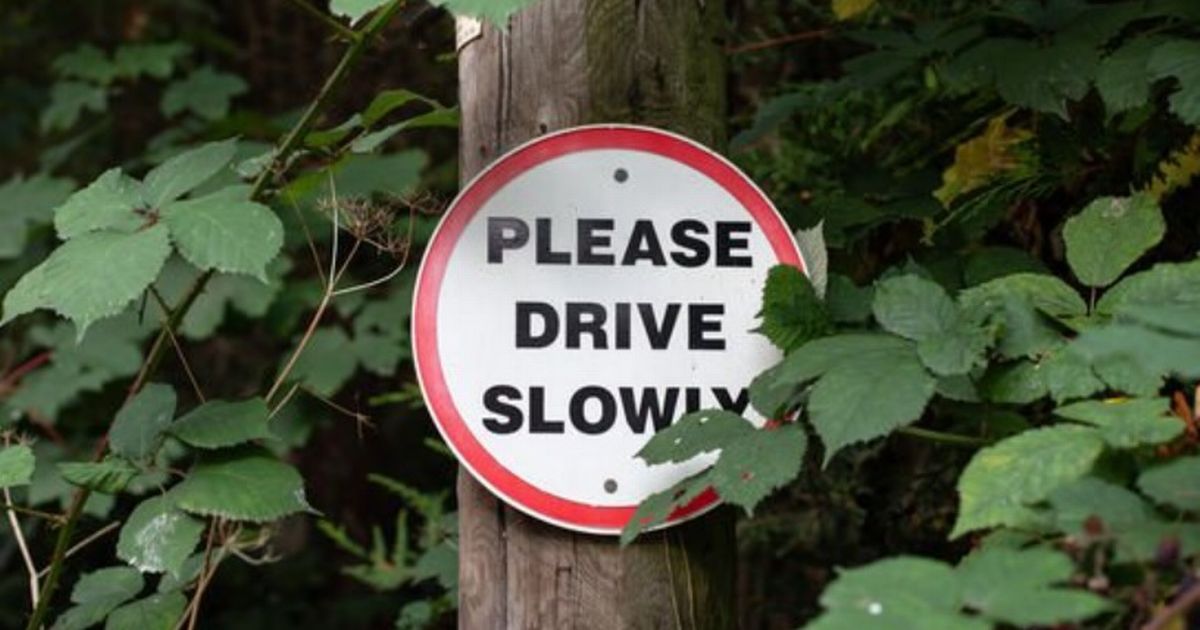Safety research says a 10mph limit would cut deaths on city roads. Safety research says a 10mph limit would cut deaths on city roads.
Safety research says a 10mph limit would cut deaths on city roads.
Drivers face having to follow a new speed limit in England that could be “disastrous” and force drivers to give up cars. Safety research says a 10mph limit would cut deaths on city roads.
Despite the unpopularity of 20mph limits, the study suggest maximum speeds should be reduced even further for truly safe roads. The study, published by the Road Safety Foundation, also says that single-carriageway roads, including country roads, should have a limit of no more than 20mph if “vision zero” is to be achieved.
“I will buy an e bike to get round as there seems to be no one bothering in Wales what speed they go,” one motorist replied. A second fumed: “Yes or come to Wales and see everybody creeping about.”
READ MORE UK faces 550-mile wall of rain but nine counties in England will be spared
A third fumed: “Why not just make it 0mph? That way deaths would be completely avoided.” The report noted that 10mph limits would be suitable where there was a “particular prevalence of pedestrians and/or bicyclists and/or motorcyclists” and where there was “a heightened vulnerability of pedestrians to impact and injury”.
And another said: “Nationwide home delivery would no longer be a viable option as mandatory driving hours for anything over 7.5t would be eaten up after curb-crawling an inner-city suburb or two. These “wrap the world in cotton wool” do-gooders haven’t a clue. A wise man once said “every action has an equal and opposite effect”. The trick is knowing when to maintain the status-quo.”
“It’s the sort of thing labour would do they’ve already done it In Wales,” another fumed. “I know Labour are keen to increase employment but having a person walk in front of your car with a red flag is a bit on the desperate side!” another said.
The report says: “On these roads (i.e. some dual carriageways including motorways), the priority is to provide adequate roadside infrastructure measures to ensure that road users are suitably protected if they run off the road at current operating speeds.”
Dr Suzy Charman, executive director of the Road Safety Foundation, which was instrumental in the establishment of the government’s £100 million safer roads fund, said: “We have a clear idea of the speeds [that] would be required to prevent most road deaths and serious injuries on Britain’s roads.
“We are not saying that all speeds or speed limits should be set to these speeds, rather that infrastructure needs to be improved or speeds reduced to ensure travelled speeds are better aligned with human tolerances to crash forces.”
